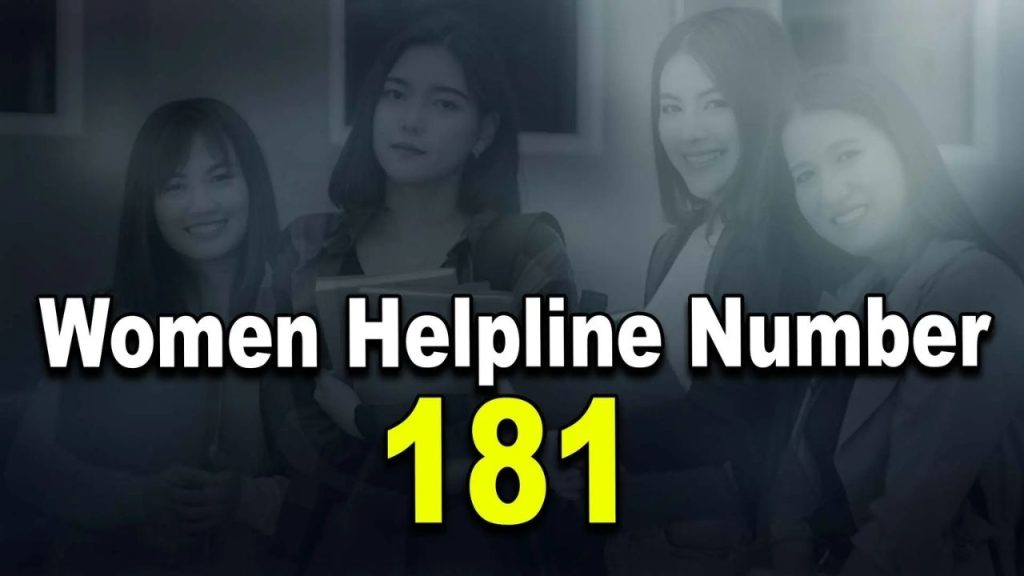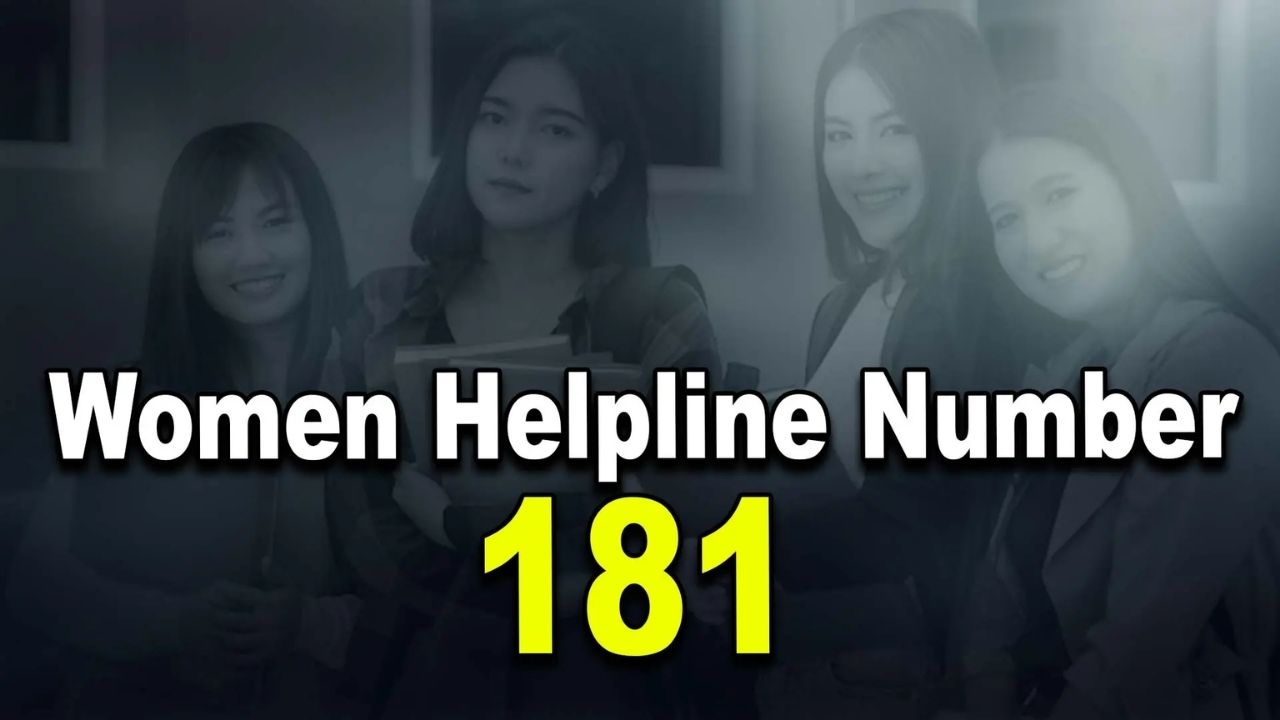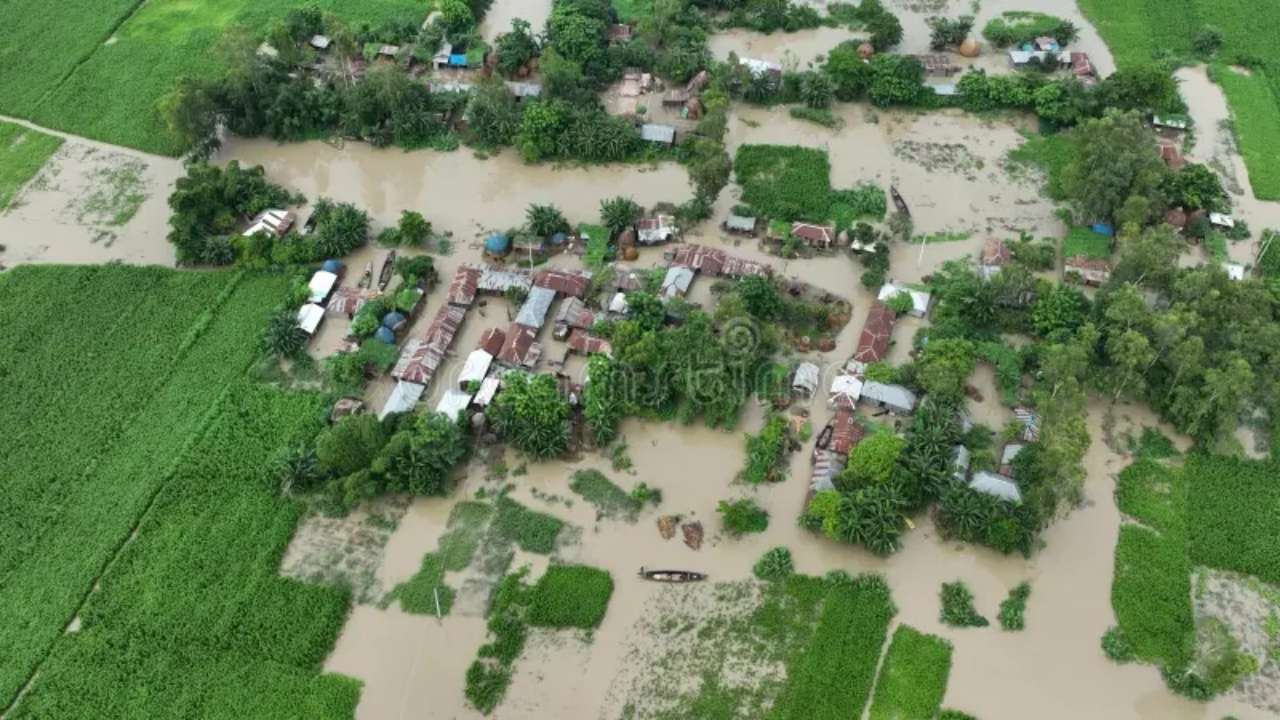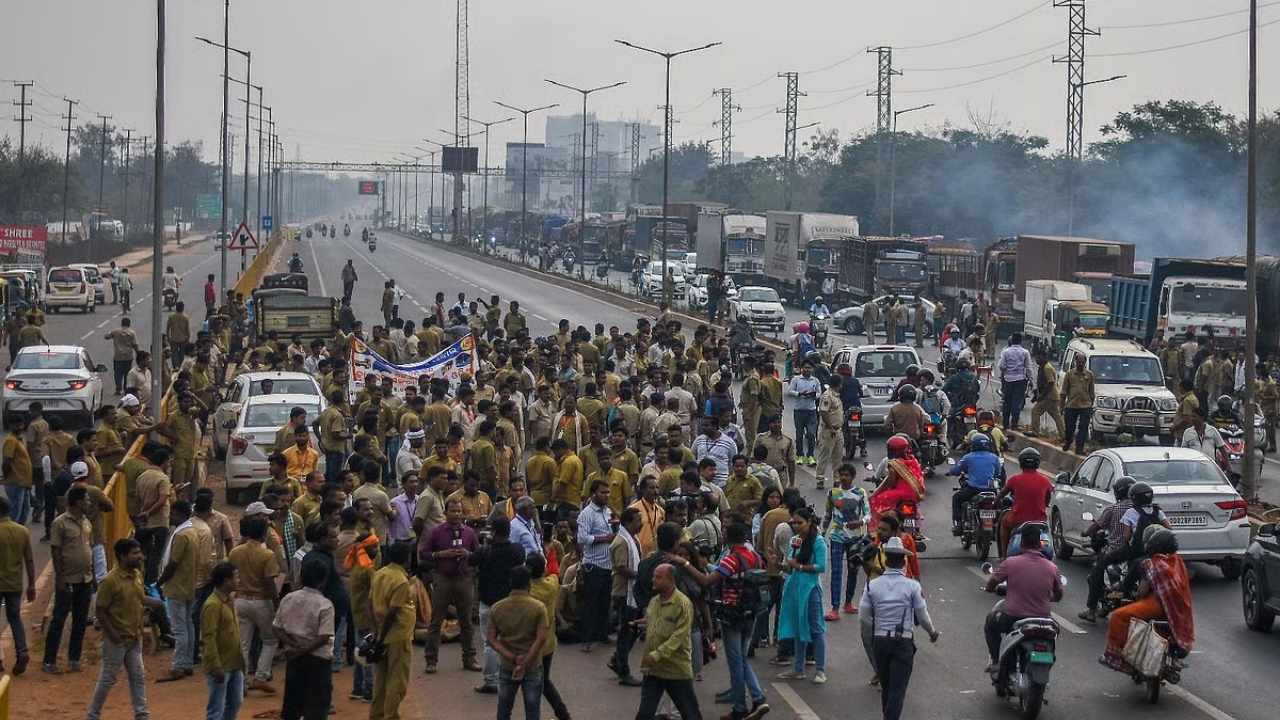In a strong move to tackle campus safety, Odisha Orders Higher Ed Institutes to Prominently Display Women’s Helpline (181) on Campus. This state directive, rolled out in July 2025, comes in the wake of rising concerns about sexual harassment and gender-based violence in educational institutions. From Ivy League-level universities to your everyday community college, this new order puts safety front and center, where it rightfully belongs.

The trigger? A heart-wrenching incident involving a B.Ed student from Fakir Mohan Autonomous College in Balasore who tragically ended her life after allegedly facing sexual harassment from faculty members. The case sparked statewide outrage and has pushed the Odisha government into swift and decisive action. With this move, the government aims to set a precedent for how institutions must prioritize student safety moving forward.
Odisha Orders Higher Ed Institutes to Prominently Display Women’s Helpline (181)
| Point | Details |
|---|---|
| Directive Issued | July 18–19, 2025 |
| Mandatory Action | Display Women’s Helpline (181) prominently across all higher education campuses |
| Deadline | Within 3 days of issuance |
| Workshops | Sensitization on POSH Act (2013) and UGC Regulations (2015) |
| Audience | Students, faculty, non-teaching staff, ICC members |
| Related Incident | Suicide of B.Ed student over sexual harassment allegations |
| Official Resource | Odisha Higher Education Department |
When Odisha Orders Higher Ed Institutes to Prominently Display Women’s Helpline (181) on Campus, it’s doing more than putting up posters. It’s laying down the law and leading by example. Safety in education is a right, not a privilege. This directive takes us a step closer to that reality.
So, whether you’re a student, teacher, parent, or administrator, this is your call to action. Make campuses safer. Make help visible. And remember: if you see something, say something. Dial 181. Speak up. Stand strong.
Why This Matters: Context Behind the Order
Sexual harassment in educational institutions isn’t just a distant news item. It’s a lived reality for many women and female-identifying students across India and beyond. According to the National Crime Records Bureau (NCRB), over 31,000 cases of crimes against women were reported in Odisha alone in 2023. A significant chunk of these were tied to workplace or educational settings, environments that are meant to be safe, inclusive, and nurturing.
While the numbers are sobering, they’re only part of the story. Often, women don’t report incidents due to stigma, fear of retaliation, or lack of support. That’s where initiatives like Helpline 181 come into play. And with visible awareness campaigns across campuses, this lifeline becomes more than a number—it becomes a symbol of hope, justice, and empowerment.
What is Helpline 181?
Helpline 181 is India’s 24×7 Women’s Emergency Support Service. Managed by state governments under the Ministry of Women and Child Development, this helpline offers a comprehensive suite of support services, including:
- Immediate emotional and legal support
- Police and medical aid coordination
- Counseling and rescue assistance
- Access to shelter homes and short-stay facilities when necessary
Students can simply dial 181 from any phone and get help — no apps, no bureaucracy, just support when it’s needed most. Even better, the calls are toll-free and confidential, making it easier for victims to reach out without fear.
What Campuses Must Do Now
If you’re running a college or university in Odisha, here’s your to-do list:
1. Display the Helpline Number (181)
- Put up posters, digital screens, and notice board banners across:
- Classrooms
- Hallways
- Libraries
- Common rooms
- Hostels and dining areas
- Ensure these visuals are:
- Multilingual (Odia, English, Hindi)
- Large and legible
- Updated regularly and well-maintained
2. Organize Sensitization Workshops
These must cover:
- The POSH Act, 2013 (Prevention of Sexual Harassment at Workplace)
- UGC Regulations, 2015 on safeguarding women in higher education
- Responsibilities of the Internal Complaints Committee (ICC)
- Real-life scenarios, case studies, and interactive modules
Participants must include students, teachers, administrative staff, and ICC members. Institutions are also encouraged to collaborate with local NGOs and legal professionals to bring depth and credibility to these sessions.
3. Pledge Participation
All attendees must take a formal pledge to uphold safety and gender equity. This isn’t symbolic — it’s a formal record that must be submitted to the government with photo proof. The pledge serves as both a personal commitment and an institutional benchmark for accountability.
4. Reporting Back to Government
Colleges must file a compliance report with the Higher Education Department, complete with:
- Photos of helpline posters at key campus locations
- Workshop attendance logs
- Copies of signed pledges
- Feedback forms and action points from sessions
Beyond Colleges: Schools Get Involved Too
Odisha’s School & Mass Education Department is also stepping up. They’ve asked schools and hostels to:
- Display multiple helplines: 181, 1098 (childline), 112 (police), and 18003456722 (state women commission)
- Form Internal Complaints Committees within each school zone
- Implement the Barnali Program, a grassroots initiative aimed at promoting gender equity in schools
- Conduct routine audits to evaluate student safety perception
This holistic approach sends a clear message: safety starts young, and it involves everyone, from teachers to janitors, from principals to local community leaders.
Real-World Examples of What Works
Let’s break this down with a few quick examples:
- Berhampur University has already painted 181 across every corridor and runs weekly gender equity quizzes that offer scholarships and gift cards as incentives.
- Ravenshaw University live-streamed its POSH training to over 15,000 viewers and saw a 50% uptick in ICC participation within a month.
- Private colleges like KIIT partnered with local NGOs to conduct anonymous safety audits. The result? Increased female student attendance, higher course completion rates, and better student feedback.
- NIT Rourkela included Helpline 181 information in every student ID card issued since July.
Why This Order Is a Game-Changer
It’s not just about posters. It’s about creating a culture where women feel seen, heard, and protected. When the helpline is visible, the message is clear: help is available, and your voice matters. Every wall display becomes a quiet, unspoken promise that the institution stands with its students.
According to the University Grants Commission, a well-trained ICC and informed student body can reduce harassment incidents by over 40%. Institutions that implemented structured POSH workshops also reported a 32% improvement in grievance redressal efficiency.
Pro Tip: Want to take it further?
- Create anonymous suggestion boxes near hostels and libraries
- Set up campus-specific WhatsApp helplines with QR codes on student ID cards
- Run role-play workshops on consent, boundary-setting, and intervention strategies
- Include safety education in the curriculum or orientation programs
Odisha CM’s Helicopter Grounded by Lightning, Starts Road Journey to Mumbai for Repairs
New Developments Emerge as Crime Branch Investigates Odisha Woman’s Death
Odisha Govt Adds Abetment of Suicide Charges in FM College Student Death Case
FAQs
What is POSH Act, 2013?
It’s the law that protects against sexual harassment at workplaces, including colleges. Read more on the Ministry of Women and Child Development site.
Is Helpline 181 free?
Yes. It’s completely free and available 24/7 from any phone, landline or mobile.
Who can file a complaint under the POSH Act?
Any woman — student, faculty, visitor, or staff member — who feels harassed at an institution. Anonymous complaints can also be investigated.
Are male students included in these workshops?
Absolutely. Gender sensitization involves everyone, regardless of identity. Toxic masculinity and bystander inaction are tackled head-on in inclusive training sessions.
What happens if a college doesn’t comply?
Non-compliance could attract action under UGC guidelines and state education rules, including:
- Suspension of affiliations
- Revocation of grants
- Naming and shaming in public audits





